Let’s BEE kind to our bee populations for World Bee Day.
According to E.O. Wilson, an American biologist, ecologist, and entomologist, who has authored many books, including Half-Earth, stated that insects are “the little things that run the world” because they are more critical in maintaining ecosystems than other species (1). Wilson proposed that humans would survive only a few months if insects were to disappear. Why? Because insects pollinate 87.5% of all plants and 90% of all flowering plants, which convert energy from the sun into food that we and other animals rely on for survival (2). Therefore, we cannot lose our bees.
The insect population has declined by 45% since 1974, and half of the Midwest’s native bee species have vanished from their historic ranges in the last century (2). With the use of pesticides, urban development, and the loss of native plant life for insects to feed on, we continue to reduce their population.
However, there are actions we can take in our gardens and yards to support bee populations. According to "Nature’s Best Hope" by Douglas Tallamy, many bee species have evolved over eons to feed on specific plants native to each region. Thus, one of the most effective ways to support our bees is to plant native plants in our gardens. Additionally, you can install several “bee hotels” in your garden to enhance their nesting capacity, as many bees nest in plant stems and wood. By positioning several in and around your garden, you reduce the risk of bee predators and diseases wiping out the bees.
To learn more about planting native plants, go to https://homegrownnationalpark.org.
A little love for our pollinators can make a significant difference, as we and all other animals rely on these tiny species for our survival.
References:
1. Wilson, E.O., 1987. “The Little Things That Run the World (The Importance and Conservation of Invertebrates.)” Conservation Biology, Volume 1, No. 4 (pgs 344-346). https://faculty.washington.edu/timbillo/Readings%20and%20documents/ABRIDGED%20READINGS%20for%20PERU/Wilson_1987_Little_things_that_run.pdf
2. Tallamy, Douglas W. Nature’s Best Hope. New York City. Timber Press. 2019.


